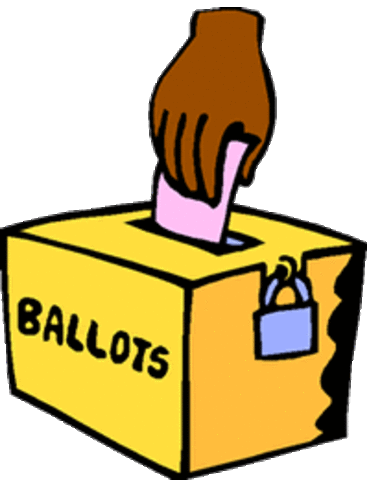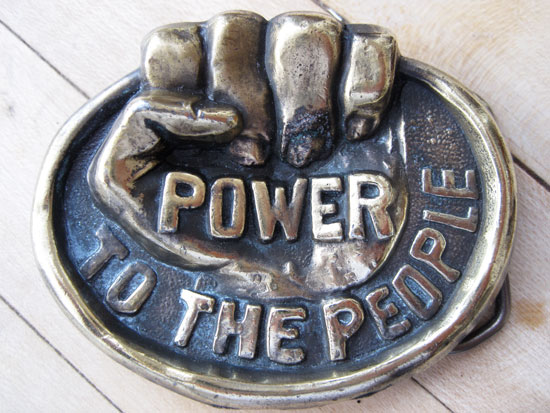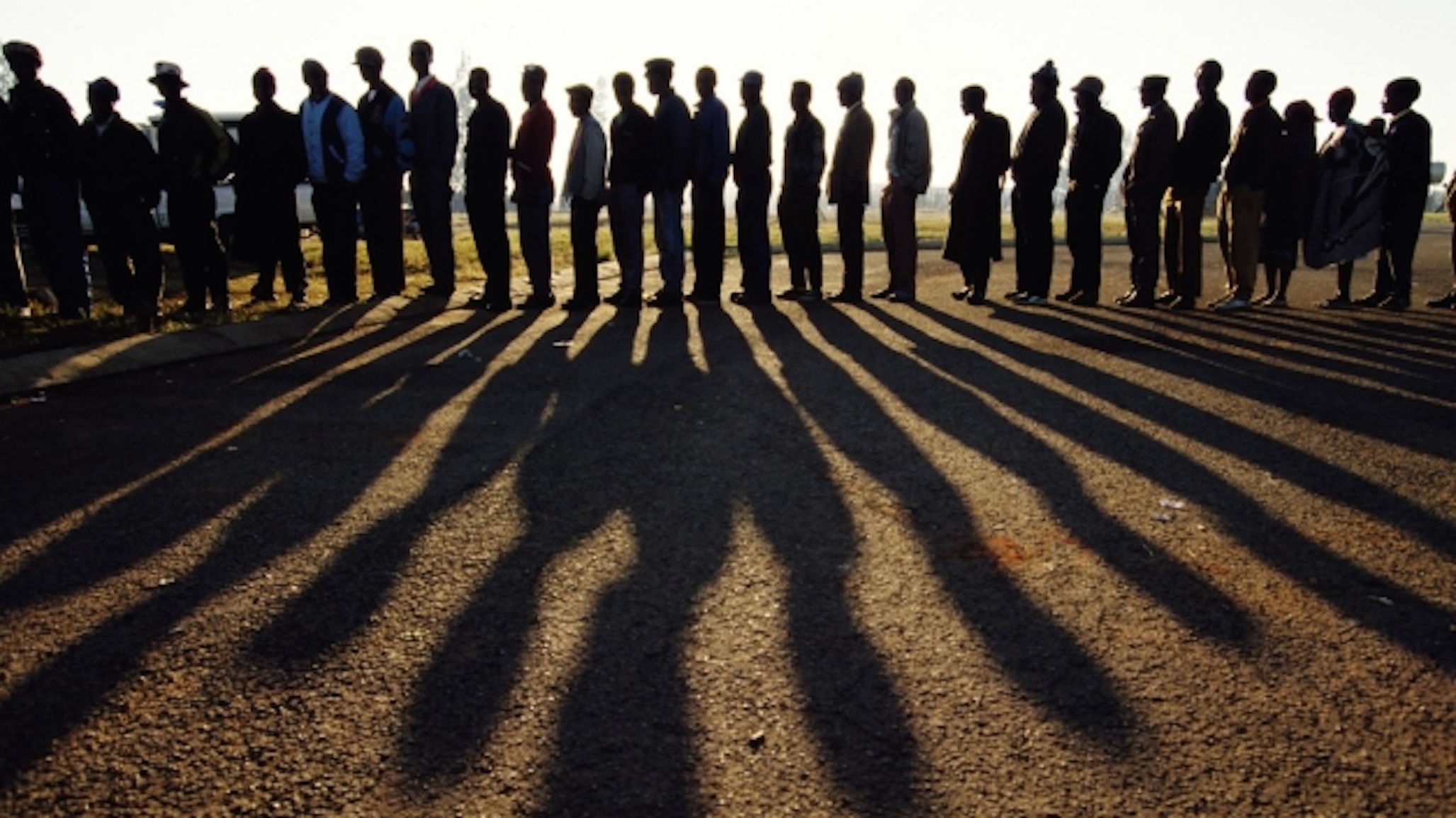Almost 2,000 public officials will be elected by Kenyans in August. These include the president, senators, county governors and members of the national and county assemblies as well as women county representatives. The elections are considered as one of “the five African elections to watch out for in 2017”[1]. Concerns on these (and fourteen other general or parliamentary) elections bear more on “the quality of an election” and public, as captured in a report published by the African barometer last year which tried to grapple with these as central issues in elections across at least 25 African countries in 2016-2017[2].
These concerns are apt, and necessary, but far from being sufficient. The elections across Africa are coming up within a broader context of global systemic crisis, heralded by the Great Recession of 2007-2009. In its wake, there has been growing apathy towards liberal democracy, with different variants of authoritarian populism flowering. And while the results of the Netherlands’ parliamentary elections in March bucks the trend, representative elements of this arguably new trend consolidate their influence with electoral advances.
There is a pressing need to analyse the current situation beyond the form of electoral processes. Why are people voting the way they have been in recent times, reflecting loss of confidence in governments, and possibly the system? Why is “populism” such a contentious issue now? What are the ideals and emancipatory politics that could birth a more qualitative democracy and what could such a new democracy be like? What are the problems and prospects for these to flourish in the unfolding period?
These are some of the questions that this article will critically engage with.
Democracy, elections and representation
 Democracy or Dēmokratía in its original Greek means “rule by the common people”. Flourishing in ancient Athens as the active participation of free-born men in the decision-making processes of the city-state, it was a popular alternative to aristocracy. Modern democracy is separated from classical democracy by social and economic development spawning two millenniums.
Democracy or Dēmokratía in its original Greek means “rule by the common people”. Flourishing in ancient Athens as the active participation of free-born men in the decision-making processes of the city-state, it was a popular alternative to aristocracy. Modern democracy is separated from classical democracy by social and economic development spawning two millenniums.
Heralded by the American revolution of 1776 in the “new world” and the 1789 French revolution in Europe, it was the political step of humankind forward, as nascent capitalism burst the seams of feudalism’s limitations. But, despite its declarations of the inalienable rights of man, liberty, equality and fraternity, the bulk of the population in capitalist democracies, women and poor men, were denied from even mere participation in the electoral rituals of liberal democracy, for over two hundred years.
Through struggle waged by trade unions, working people’s parties, anti-racist civil rights activists, women suffragists and colonized peoples in Africa and Asia, liberal democracy was reinvented in the 20th century, resting on the plank of universal adult suffrage. The people as citizens demonstrate their power by electing those who govern through periodically conducted (free and fair) elections.
While classical democracy was direct, modern democracy is representational. This is probably linked to an often-overlooked difference, as well. Public officers were not elected in Athens, but selected through lots. Their roles were simply administrative.
The extent to which elections represents political equality, in class divided societies, is however suspect. As a quotation often attributed to Emma Goldman goes “if voting changed anything, they’d make it illegal”. Elections thus often serve in forging consensus, reinforcing the hegemony of the big propertied classes, whose interests are primarily represented by the capitalist state.
Cracks in this hegemony, throw a spanner in the works of such consensus, albeit often in a contradictory manner. Radical parties or coalitions rooted in mass movements from below could be voted into government as was the case in 1970, 1988 Venezuela and more recently with Syriza in Greece. In the absence of strong working-class people’s alternatives buoyed by radicalising social movements, different sections of the ruling classes play up divisions along lines of race, nationality, ethnicity.
“Democracy in recession”, regimes and the state
The “state of (liberal) democracy” has been a cause of concern for politicians, publicists, journalists and scholars of different hues, and for different reasons, particularly over the past decade of the global economic crisis. The annual Democracy Index compiled by The Economist reflects this trend. It also captures what it describes as “democracy in recession”[3] over this same period. This arguably bad situation, in its view, took a turn for the worse last year with “the revenge of the ‘deplorables’”.
The Index is a weighted average of four categories, the first of which is “whether national elections are free and fair”. The others are: the security of voters, the influence of foreign powers on government and the capability of civil servants to implement policies. Based on these, 167 countries are classified into:
full democracies, with political freedoms respected and reinforced by a political culture conducive to promoting democratic principles;
flawed democracies, with free and fair elections and the state’s respect of basic civil liberties, but with low levels of people’s participation in politics and problematic functioning of governance;
hybrid regimes, with irregularities undermining free and fair elections, widespread corruption, harassment of the media and executive pressures on the judiciary, and;
authoritarian regimes, where there is political pluralism is non-existent or extremely limited and media censorship and suppression of governmental criticism is the order of the day.[4]
Mauritius is the only African country (out of 19 countries[5]) amongst the “full democracies”. Of the 57 “flawed democracies”, there are 7 African countries. The bulk of countries in the continent, and sub-Saharan Africa as a region, fall within the “hybrid regime” category, while 25 African countries are part of the 51 with “authoritarian regimes”.
Democracy Index obviously serves the ideological purpose of promoting liberal democracy as full democracy, i.e. the height of what democracies are, and the elements democratisation projects must aspire for. But it unwittingly points at the failure of liberal democracy to generalise democratisation of society, even in “full” democratic regimes.
This failure stems from the class essence of capitalist states. As Ralph Miliband pointed out: “(i)n an epoch when so much is made of democracy, equality, social mobility, classlessness and the rest, it has remained a basic fact of life in advanced capitalist countries that the vast majority of men and women in these countries has been governed, represented, administered, judged, and commanded in war by people drawn from other, economically superior and relatively distant classes.”[6]
People’s sovereignty, populism and politics
 “Democracy is the worst form of government, except for the others”, said Winston Churchill. But, democracy ensconces ceaseless battles between different social forces. What is common to liberal democracy is that, except for the moment when the franchise right is exercised (and quite often even at that moment), the immense majority of the population, poor working class-people in the urban and rural areas are mere objects, cannon fodder for different sections of the ruling class.
“Democracy is the worst form of government, except for the others”, said Winston Churchill. But, democracy ensconces ceaseless battles between different social forces. What is common to liberal democracy is that, except for the moment when the franchise right is exercised (and quite often even at that moment), the immense majority of the population, poor working class-people in the urban and rural areas are mere objects, cannon fodder for different sections of the ruling class.
Winning the battle of democracy requires working-class people rising to the position of ruling class, then only would it truly be “the government of the people, by the people, for the people.” But, in Africa and across the world, how do we begin to build the social forces for people’s sovereignty as an actuality? To what extent do elections provide openings for this?
In the past few years, we have witnessed the working masses step into the political arena to shape their social life. Most of these have been against electoral frauds or attempts at perpetrating such.
On January 28, Senegal erupted in protests after the constitutional court ruled that President Abdoulaye Wade was eligible to contest for a third term. Although he still went ahead to contest, this movement from below paved the way for the emergence of Macky Sall (who earlier supported Wade) as president, after a second round of voting.
Inspired by the spirit of the Egyptian revolution, a year earlier, a group of Senegalese rappers and journalists, under the banner of Yén a Marre (“Fed Up”), who had served to mobilise support for Wade five years earlier, started mobilising youth to register for elections, getting over 300,000 persons to do so. These activists were pivotal in organising the 2012 protests.
The following year, inspired by the movement from below in Senegal, La Balai Citoyen (“the Citizens Broom”) was formed in Burkina Faso, as a grassroots movement of youths. It was the arrowhead of an uprising that kicked the longstanding dictator, Blaise Campaoré out of power on October 31, 2014.[7] The revolt was inspired by Campaore’s intention to elongate his rule using sham elections. Roch Marc Kaboré who emerged as president a year later, after a period of transition was at a time prime minister under Campoaré, and represents the same neoliberal capitalist ideas Campaoré pursued.
The success of revolts in these countries inspired mass resistance in Congo where Joseph Kabila wanted to amend the constitution for self-perpetuation. He postponed the elections but might have been constrained from contesting based on a negotiated agreement with opposition political parties in December 2016. While the background to this was the ferment of mass anger, the deal was struck with politicians who represent the same interests of the bosses as Kabila.
Politics, including elections in English-speaking countries on the continent have also been contentious, but in the long run, where these have shown “progress” they have largely served to legitimise the dominance of the rich and propertied classes over poor working-class people, ensuring peace and stability.
In Botswana and South Africa which come second and third respectively in the 2015 Democracy Index, the ruling parties are behemoths that have been in power since independence. The Botswana Democratic Party and African National Congress however faced probably the most significant challenges to their seemingly unchallengeable hold on power in their last elections. These were on the heels of renewed mass actions including the first ever public sector workers strike in Botswana and in South Africa[8], ruptures within the ANC[9] and the trade union movement which had been part of a tripartite alliance (which includes the self-styled South African Communist Party).
Ghana’s December 2016 elections consummated its trend towards a two-party state, that is “essentially a one-party system”, like the United States, to borrow from Naom Chomsky.[10] There is little difference in the programmes of both the ousted National Democratic Congress and the New Patriotic Party which returned to power after losing to the NDC eight years earlier. While both lay claim to social-democratic tenets, whilst in power they have pursued neoliberal ends.
Despite this, Nana Akufo-Addo of the NPP rode to power on the crest of a mantra of “change”, like Muhammadu Buhari of the All Progressives Congress (APC) in Nigeria. But his “elephant-size” government of 110 ministers[11] underscores patronage-as-politics that has been the lot of Africa’s neo-patrimonial regimes.
APC’s victory at the polls in Nigeria against the People’s Democratic Party which had been in power for the 16 years of the fourth republic was a triumph of populism. The party basked under the arguable anti-corruption track record of its candidate, Muhammadu Buhari a former military head of state to present itself as an alternative to the rabidly corrupt PDP.
But, it could be correctly argued that “populism is inherent to representative democracy.”[12] The problem is that different sections of the same ruling class could and do easily seduce the working masses constituting the electorate by pitting themselves as being on the same side with the them and against the demonstrably[13] corrupt sections of the elite.
This, is what we have seen come to play with the rise of Donald Trump in the United States and the National Front’s Marine Le Pen scaling through to the next round of elections in France at the time of writing this article.
In lieu of a conclusion
Democracy must be more than ritualistic elections to have real meaning for the working masses. There has been growing apathy even with this formal demonstration of the civil rule. It is becoming clearer that elected representatives don’t actually represent poor working-class people, as a long global economic depression shatters the façade of liberal democracy’s popular representativeness.
In Africa, as with other parts of the world, changes through the polls have been shaped by mass movements from below in this unfolding era of crises and revolts. But, the beneficiaries of these changes have been different sections of the bosses’ class.
A dual challenge arises for change-seeking activists. Building alternative social forces rooted politically, organisationally and ideologically in the working masses and building democracy from below, replacing the hollow principle of representativeness with delegation.
[1] Dahir, Abdi Latif “The five African elections to watch out for in 2017”, https://qz.com/876761/five-african-2017-elections-to-watch-rwanda-kenya-angola-liberia-and-drc/
[2] Penar, Peter eta al, 2016 “Election quality, public trust are central issues for Africa’s upcoming contests”, Afrobarometer Policy Paper No. 35. Available online: file:///C:/Users/baba.aye/OneDrive/Documents/Africa_elections_barometer_report_policypaperno35_electoral_management_in_africa1.pdf
[4]For a fuller discussion of these categories, see Democracy Index 2015; Democracy in an age of anxiety, online: http://www.yabiladi.com/img/content/EIU-Democracy-Index-2015.pdf
[5] These used to be 20 countries up to 2015, but the United States slid down to a “flawed” state in 2016 in the Index
[6] Miliband, R. (1979). The State in Capitalist Society. Quartet books. London.
[7] See Aye and Wynne Burkina Faso: a Revolutionary Opening in sub-Saharan Africa? Online: https://socialistbulletin.wordpress.com/2014/11/13/burkina-faso-a-revolutionary-opening-in-sub-saharan-africa/.
[8] See Van Niekerk (2011) “Botswana – Historic public workers strike.” Online: http://www.psiru.org/node/16057.html
[9] leading amongst other things to the formation of the Economic Freedom Fighters
[10] See “The United States has essentially a one-party system”, online: https://chomsky.info/20081010/
[11] See: http://www.independent.co.uk/news/world/africa/ghana-president-nana-akufo-addo-appointment-110-ministers-government-a7636921.html
[12] Mudde, C. (2004). “The populist zeitgeist.” Government and Opposition. Vol. 39. No. 4. Pp: 542-543
[13] specifically because they are the ones in power on behalf of the entire bosses’ class at such moments









